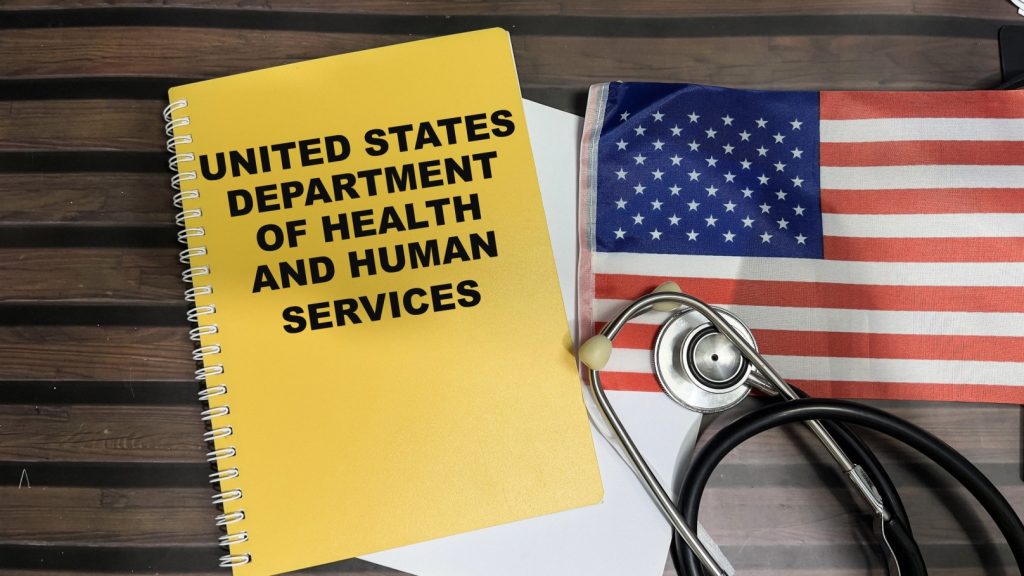- By FYH News Team
- Published on
On July 6, Medicare expanded coverage for new Alzheimer’s Disease treatments under their Coverage with Evidence Development (CED) policy.
Here, we will discuss how CMS, is operationalizing its policy through the recently launched Monoclonal Antibodies Directed Against Amyloid for the Treatment of Alzheimer’s Disease CED Study Registry.
Opening Speaker
Gary A. Puckrein, PhD
President and Chief Executive Officer
National Minority Quality Forum
Dr. Puckrein is the Founder, President and Chief Executive Officer of the National Minority Quality Forum (NMQF) — formerly the National Minority Health Month Foundation—a not-for-profit organization that he founded in 1998. NMQF addresses the critical need for strengthening preventable illness in minority populations through prevention, early detection, and control of disease complications.
In April 2001, the National Minority Health Month Foundation launched National Minority Health Month in response to Healthy People 2010, the national health promotion and disease-prevention initiative. NMQF has received support from a wide variety of organizations, including federal agencies, pharmaceutical companies, payers, and trade associations.
With support from the U.S. Department of Health and Human Services and the Robert Wood Johnson Foundation, NMQF undertook the Zip Code Analysis Project, developing a comprehensive database that links vital statistics and other elements—including demographic, environmental, claims, prescription, laboratory, hospital, and clinic data—in a centralized data warehouse, organized around zip codes.
The Zip Code Analysis Project has enabled NMQF to develop the Health Assessment Tool, which measures and forecasts health status in small geographic areas, evaluates the impact of specific interventions, monitors changes in health outcomes, and undertakes risk assessments (health-care utilization and its financial implications). NMQF uses the Health Assessment Tool to stratify communities by geographic and health-status referents and to provide the health-disparities movement with a common set of indicators to measure and report on progress toward the elimination of disparities in health care and health status.
Dr. Puckrein graduated Phi Beta Kappa from Brown University, where he received his master’s degree (1974) and doctorate (1978). Between 1974 and 1992, he taught and lectured at Roger Williams College, Brown University, Connecticut College, and Rutgers University, where he was a tenured member of the faculty. Dr. Puckrein has received many awards and honors, including being named a visiting scholar and fellow at the Smithsonian’s National Museum of American History and a visiting fellow at Princeton University.
Speaker
Amanda Bartelme, BS
Executive Director, Policy
Eisai, Inc.
Amanda Bartelme is the Executive Director, Policy at Eisai, Inc. In her role, she serves as Eisai’s lead on all engagement with the Centers for Medicare and Medicaid Services, with a particular focus on ensuring Medicare beneficiaries have appropriate access to treatments.
She provides internal support on issues related to access, reimbursement, and drug pricing and represents Eisai on key PhRMA and BIO workgroups focused on drug pricing, access and reimbursement. She joined Eisai in May 2022.
Prior to joining Eisai, Amanda held policy roles at GSK, supporting access to vaccines, oncology, respiratory, rheumatology, HIV, and Covid treatments; and at Baxalta where she focused on hemophilia, oncology, and plasma-based therapies.
Amanda began her career in health policy and reimbursement at Avalere Health, where she spent over a decade working on access for drugs, devices, and services with a special focus on physician administered drugs, diabetes, biosimilar payment policy, and the 340B program, and the evolving drug pricing and payment landscape.
Trending Topics
Features
- Drive Toolkit
Download and distribute powerful vaccination QI resources for your community.
- Health Champions
Sign up now to support health equity and sustainable health outcomes in your community.
- Cancer Early Detection
MCED tests use a simple blood draw to screen for many kinds of cancer at once.
- PR
FYHN is a bridge connecting health information providers to BIPOC communities in a trusted environment.
- Medicare
Discover an honest look at our Medicare system.
- Alliance for Representative Clinical Trials
ARC was launched to create a network of community clinicians to diversify and bring clinical trials to communities of color and other communities that have been underrepresented.
- Reducing Patient Risk
The single most important purpose of our healthcare system is to reduce patient risk for an acute event.




















